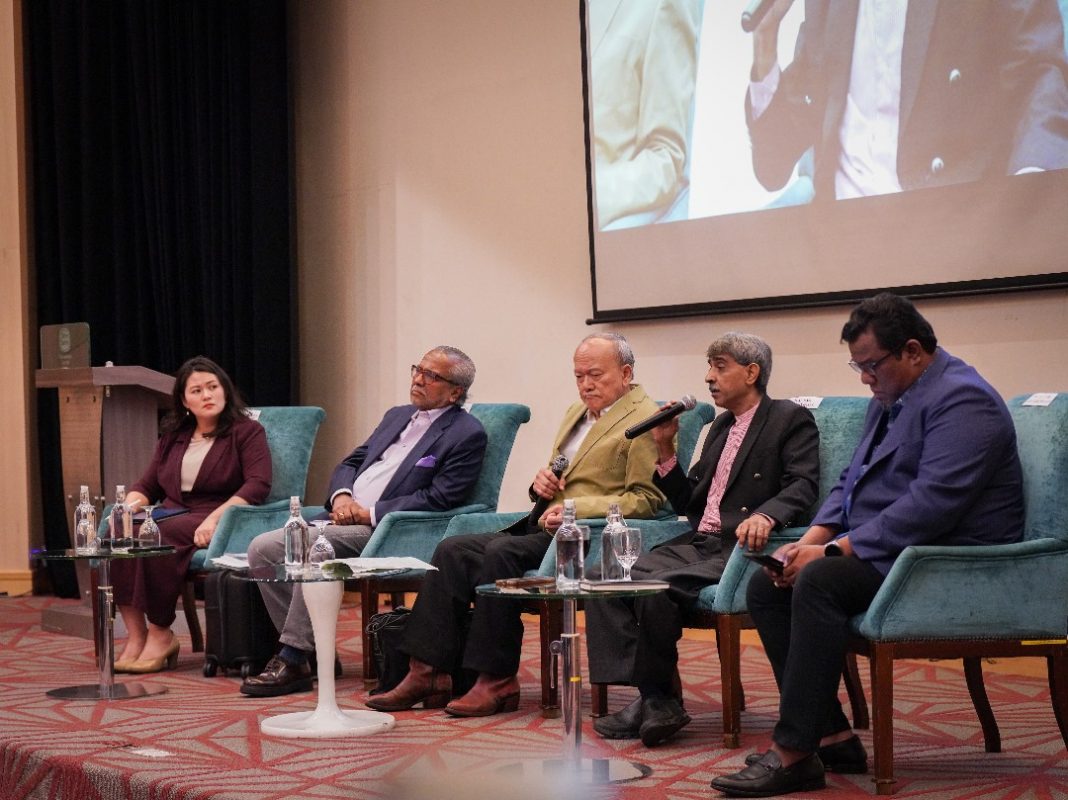“Are we a nation of laws or a nation of men?”
In the wake of former Prime Minister Najib’s royal pardon controversy, Malaysia stands at a crossroads. Yet this moment transcends any single case or individual—it strikes at the heart of our national identity. Are we truly a nation governed by laws, or have we become a nation ruled by the arbitrary will of those in power?
The February 2024 decision by the Pardons Board to reduce Najib’s sentence sparked a nationwide debate, further complicated by claims of a royal decree permitting house arrest. The government’s subsequent evasiveness on this matter reveals a disturbing pattern. When faced with a straightforward question about the decree’s existence, leaders have chosen ambiguity over clarity, political maneuvering over transparent governance.
Does the decree exist? The question demands a simple answer: either the decree exists, or it doesn’t. If the decree exists, enforce it according to the law. If it does not, deny it unequivocally. By shrouding this matter in uncertainty and attacking those who seek answers, authorities undermine the very principles of transparent governance that define a democratic society.
Our constitutional monarchy operates on carefully calibrated principles. The Yang di-Pertuan Agong’s powers — the appointment of the Prime Minister, the dissolution of Parliament, and including the royal authority to grant pardons — are constitutionally enshrined and must be respected. However, these powers exist within a framework of laws and procedures, not in isolation. To selectively interprete or implement these powers based on political expediency threatens the entire constitutional structure.
The danger lies not just in the immediate consequences but in the precedent it sets. Today’s ruling party may find comfort in flexible interpretation of laws, but political fortunes are cyclical. When the rule of law gives way to the rule of convenience, no one remains secure — today’s power brokers may become tomorrow’s victims.
This issue is not about liking or disliking Najib. It is about whether we, as a society, respect and uphold the rule of law. Whether one supports or opposes Najib becomes irrelevant when measured against the larger principle at stake. The rule of law serves as our collective shield, protecting every citizen regardless of their political beliefs or social status. Its erosion threatens not just opposition figures or dissenting voices but the very foundation of civil society.
Consider the implications: If we accept selective enforcement of laws today, we invite arbitrary justice tomorrow. If we allow political considerations to override legal principles now, we sacrifice the protections that might shield us in the future. To destroy the rule of law is to destroy ourselves, our future, and the promise of fairness for generations to come.
Malaysia faces a defining moment in choosing between upholding the rule of law and succumbing to the rule of individuals. This choice demands more than passive acceptance — it requires active engagement from every citizen. We must collectively insist on unequivocal answers from our leaders when questions of law arise. The strength of our democracy depends on rejecting attempts to politicise legal matters and maintaining unwavering support for institutions that uphold constitutional principles.
We must reject ambiguity, reject political gamesmanship, and reject selective governance. The well-being of our nation lies not in the power of individuals but in the integrity and consistent application of our legal framework. Each citizen who stands for these principles becomes a guardian of justice, ensuring that Malaysia remains a nation of laws, not men. This is our moment to demonstrate that Malaysia’s commitment to legal principles remains unshakeable, regardless of political pressures or individual interests.
Protect the law, and it protects us. Protect the law, and we protect our nation. Protect the law, and we protect our future.


